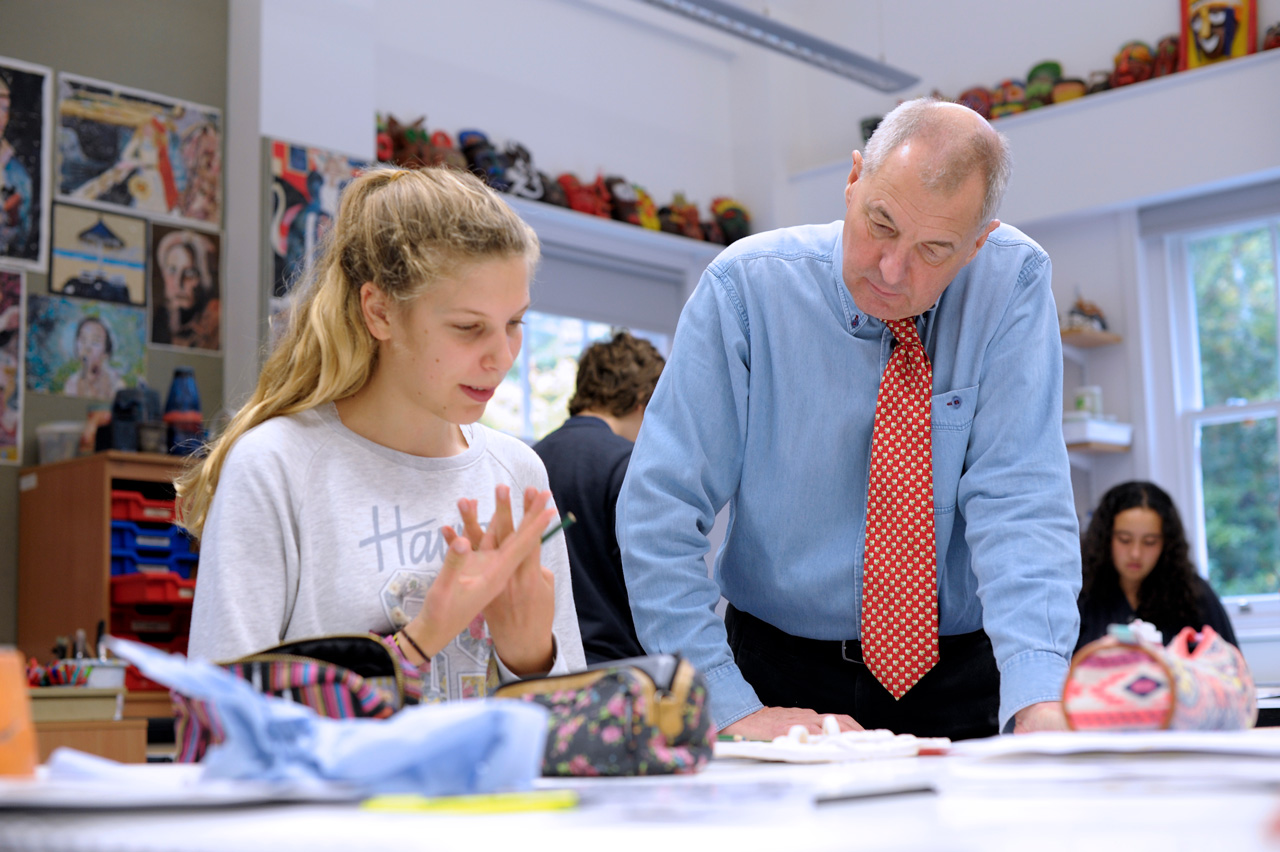What Can the Arts do for STEM?
By
6 years ago

Andrew Vaughan, Head of Visual Arts, at ACS Egham International Schools

According to figures from the Education Policy Institute, the proportion of 15 and 16 year olds studying arts subjects such as art, music and drama has fallen to the lowest level in a decade as a result of government policies and education cuts.
It is widely understood that students need to have studied at least one STEM subject – science, technology, engineering or maths – to read engineering at university. However, the arts play a vital role in equipping students with an innovative mindset, needed to be successful in engineering and business.
In the world of work
We often invite parents and business leaders to talk here at ACS. The CEO of a global bank recently said that they are just as likely to recruit someone who has an art degree as one in maths, because their business is looking for innovators; people who can synthesise ideas and come up with new options.
At another event run here at ACS, through our Centre for Inspiring Minds, a speaker from a leading management accountancy firm gave a presentation on their approach to staff recruitment and development. The company had conducted an internal analysis looking at the scores awarded in staff appraisals. Employees with degrees in arts subjects had higher performance results than those with maths or business degrees.
These anecdotes from the world of work illustrate what those of us working as teachers and artists have been saying for so long. Art is a vital way to develop creativity and innovation.
Arts builds imagination
Students who take part in drama, music or the visual arts develop the imagination needed in pioneering STEM fields.
“In research and development, creativity is a useful tool for thinking of unique solutions to difficult problems. By having a balanced and well-rounded background, a student has a broad base of experience to draw upon when faced with challenges,” adds Gwen Musial, an ACS alumna, now a PhD candidate in biomedical engineering at the University of Houston.
Candace Rubenstein, another ACS alumna now a lead material lab analyst at Under Armour, a luxury sportswear brand, believes that today’s students need transferable skills that match the fast-paced STEM workplace.
“Without exposure to art subjects you can become essentially a human calculator, but by adding an artistic lens you can look at STEM from a unique angle – thus coming up with solutions the human calculator could never dream of!”
Effective communication skills
The scientists and engineers who history remembers are those with effective communication skills; they are able to express their findings and discoveries so that others may build on them.
The ability to communicate and collaborate with people from all walks of life is an aptitude arts-based subjects major in, especially when taught in an international school. “Having attended ACS in my most impressionable years, has been a huge factor in my ability to work with all kinds of people from different backgrounds, experiences and cultures,” comments Candace.
It’s essential students embrace the full STEAM spectrum – science, technology, engineering, artsand maths, ensuring they develop both technical knowledge as well as a creative, innovative and pioneering mindset.
READ MORE: STEM or STEAM? Don’t Forget the Importance of the ‘A’ – Art | The Best Schools for STEM



